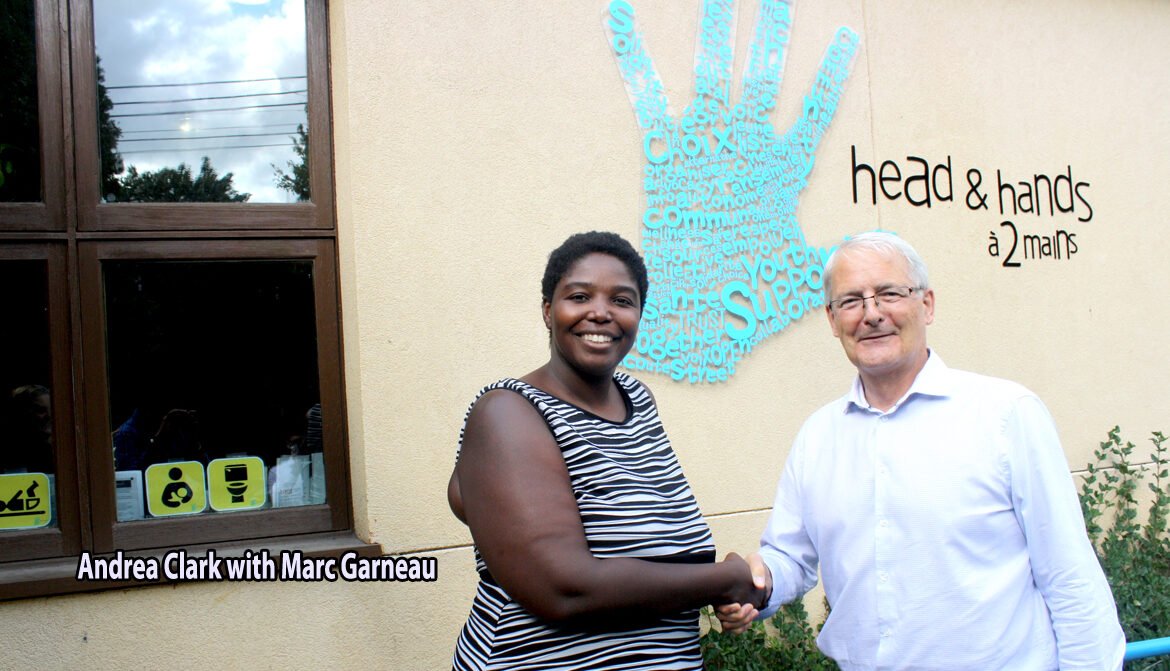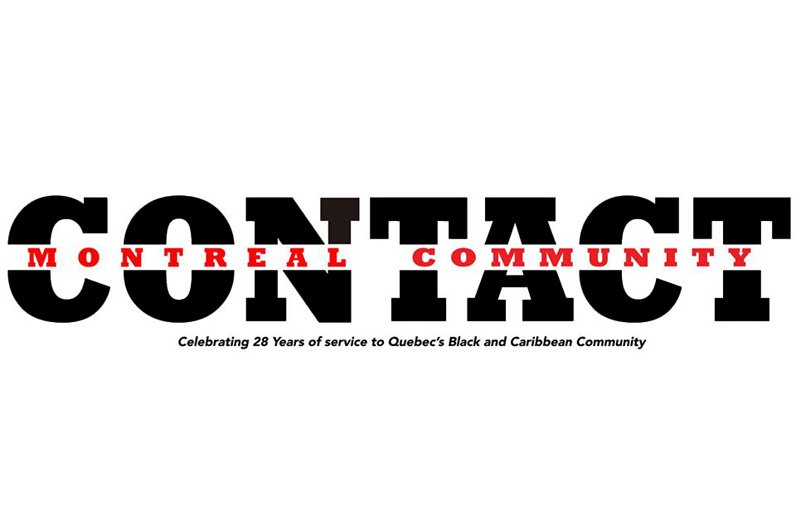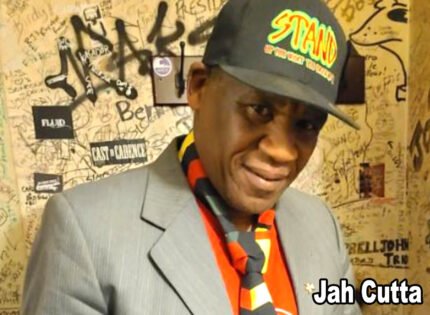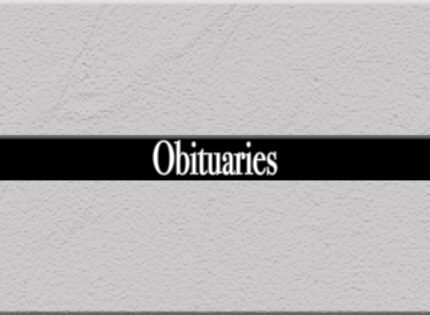Andrea Clarke, executive director of Head and Hands frames Project STAY
By Egbert Gaye
The way Andrea Clarke sees it an ever-expanding cross section of Black and Indigenous youth who are caught in the web of the child welfare or youth protection services are facing a crisis situation.
She says many of these youth of color, including those who identify as Black LGBTQ+ are often “actively undermined by the institutions that were supposed to support and elevate them.”
And as such many of them are being placed on a path that leads to mental illness or disorder. She says pointing to statistics that show foster youth are 2-4 times more likely to suffer from mental health disorders compared to peers of the same age in the general population.
Clarke is the executive director of Head and Hands, an NDG-based organization providing medical, legal and social services to Montreal youth. A position she has held for the past four years after diverting from a career path that was leading to science.
She holds a Bachelor’s of Science (Specialization in Cell & Molecular Biology) and a Master of Science (Biochemistry) as well as an MBA, all from Concordia University.
Still a scientist at heart, Clarke says her energy kept bringing her back to the public health arena and community service where her expertise is more valued.
And as such, she was the force behind Project STAY (Storytelling, Training, Advocacy, and Youth drop-in) a comprehensive program geared towards “strengthening the ecosystems” of those who are “facing involvement with child welfare or protective services.”
On Wednesday, September 4, Marc Garneau, minister of Transport and MP for Notre Dame de Grace-Westmount dropped by the offices of Head and Hands to deliver a $300,000 cheque to fund the project over the next three years, on behalf of Ginette Petitpas-Taylor, minister of Health, who recognizes the devastating impact those challenges can have on mental health issues in Black communities across Canada.
“Black Canadian communities face unique challenges when it comes to maintaining positive mental health and accessing appropriate supports. The funding announced today is one way the Government of Canada is helping Canadians, no matter where they live or who they are, to have access to quality mental health supports and resources that meet their needs,” she stated.
For his part Garneau is hoping that the project will have long-term impact on its target group.
“Today’s funding will support programs that will empower marginalized Black youth who are youth in care by training community workers to better serve these youth and helping youth better navigate institutions and services. The community will benefit from today’s federal investment and will be better served by improved understanding of the mental well-being of marginalized Black youth. The government of Canada defends an equal society where Black youth of all genders have no need to struggle for the rights and freedoms we all deserve.”
In framing the project, Clarke says it’s important to draw from the experiences of those young people who are living those challenges.
“It’s critical that the voice of youth be centered throughout any process that involves them, and that there is a continuity of culturally relevant, youth-focused care that is provided.”
She says Project STAY will be delivered in two phases.
Phase 1 will focus on developing trainings for community workers and establishing programs for youth in care. One series of trainings will target community workers (e.g., teachers, youth workers, hospital workers) to develop their capacity to work with Black youth facing multiple forms of marginalization.
Additional trainings will be developed for Black youth to foster their ability to navigate institutions and services. In Phase 2, the trainings that were developed for community workers and Black youth will be disseminated and delivered to them through workshops, events, and training sessions.
This project will be the first of its kind in Canada and could provide Health Canada with national guidelines for the care of Black youth in youth protective services once completed.

















